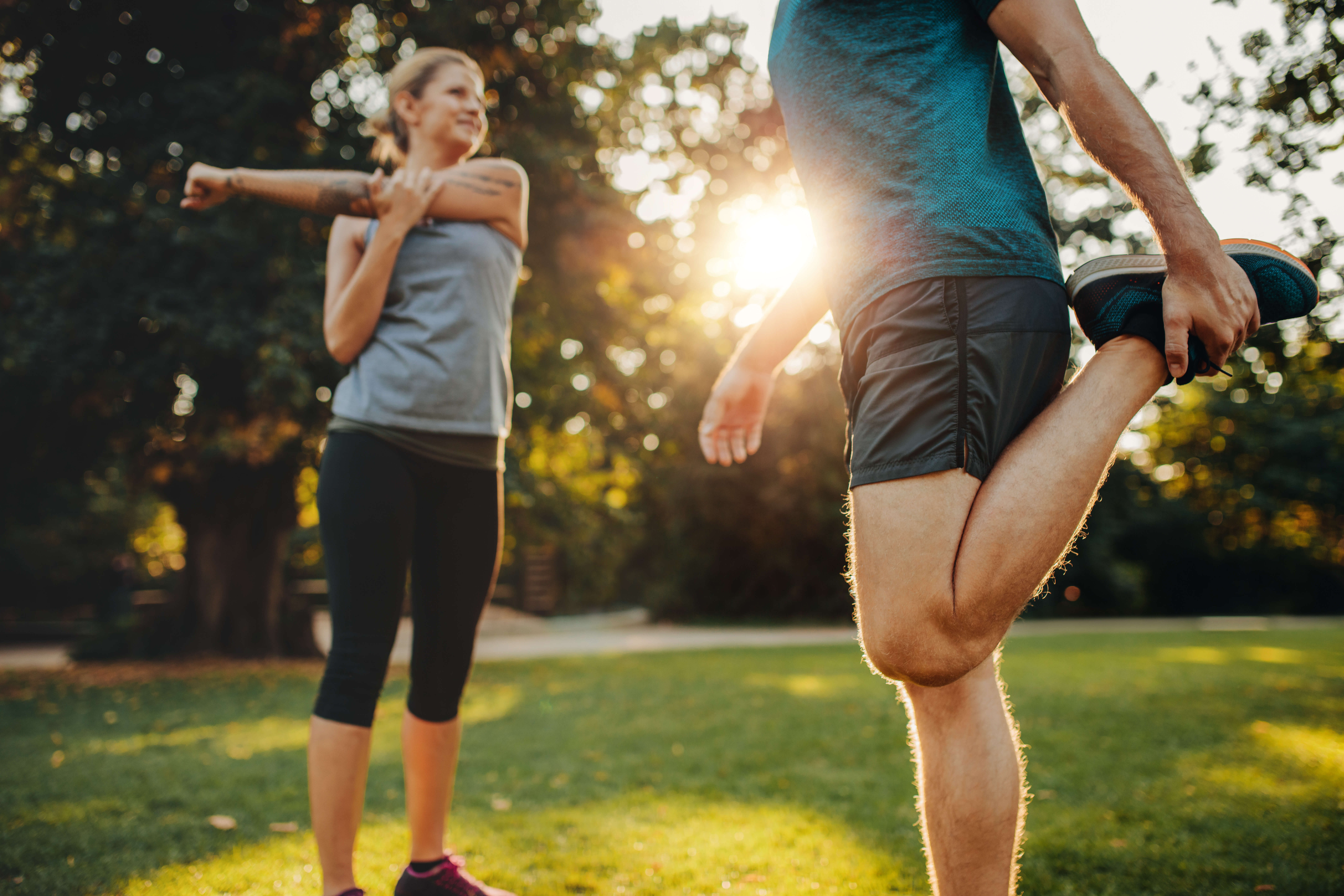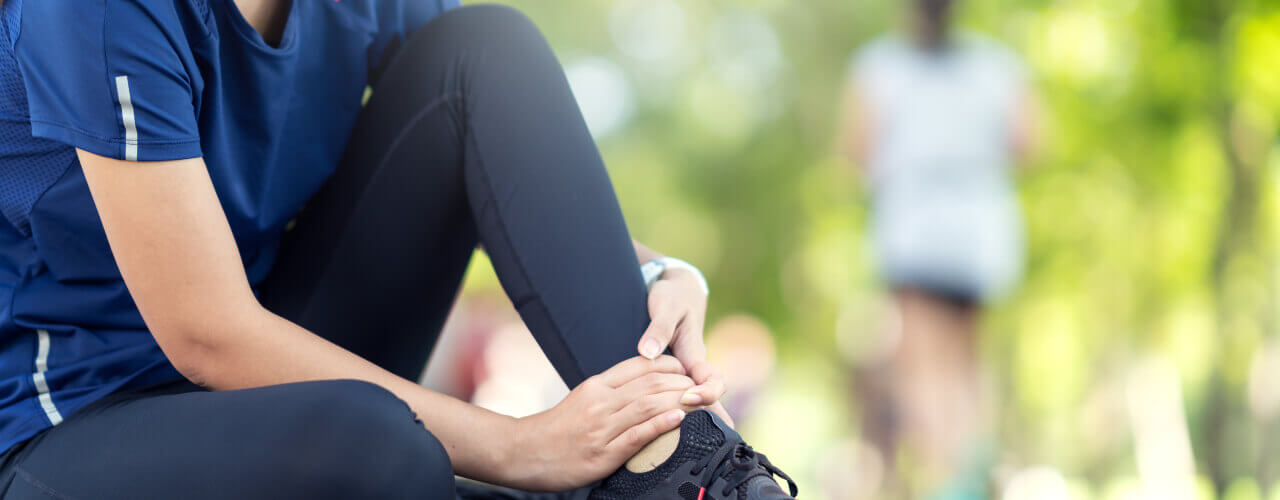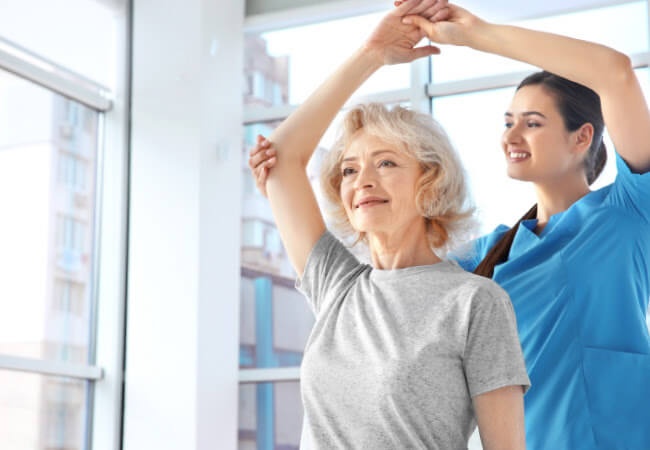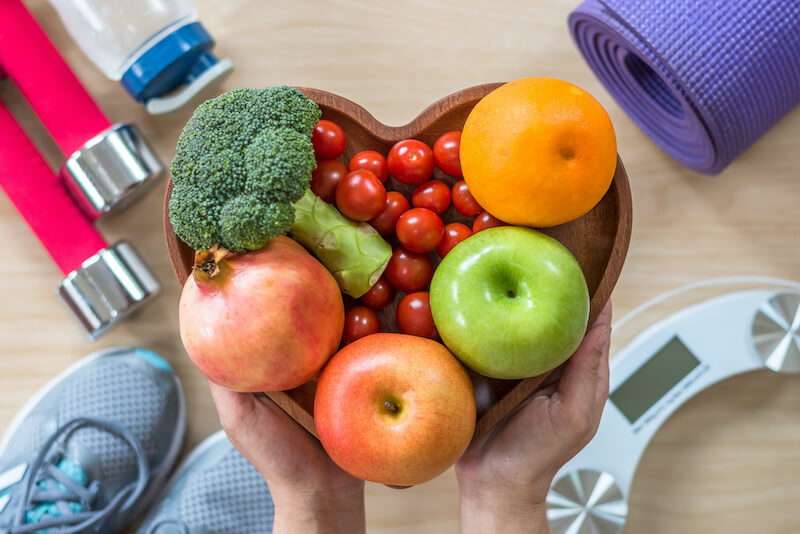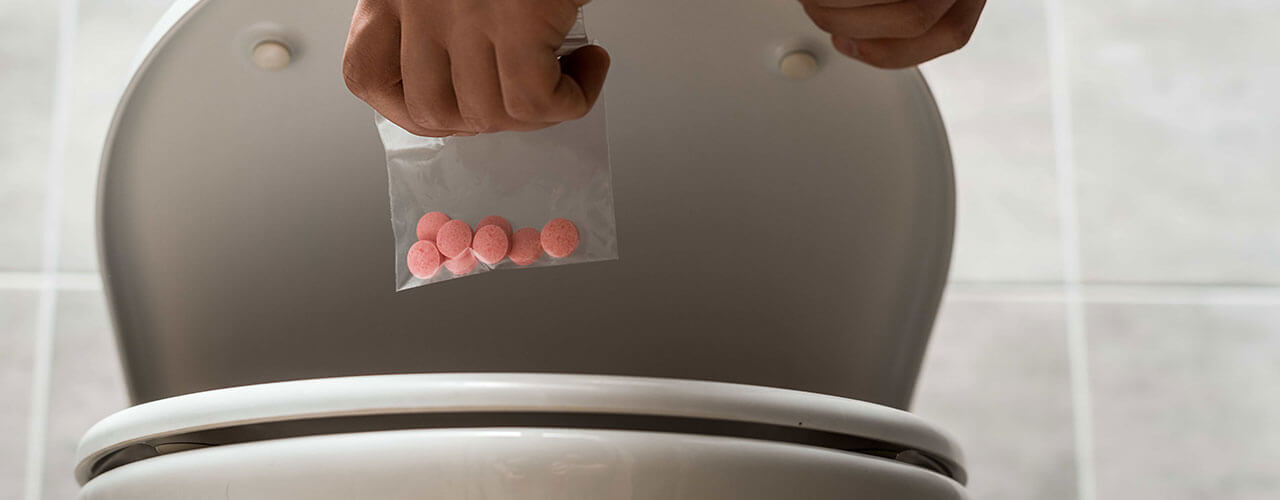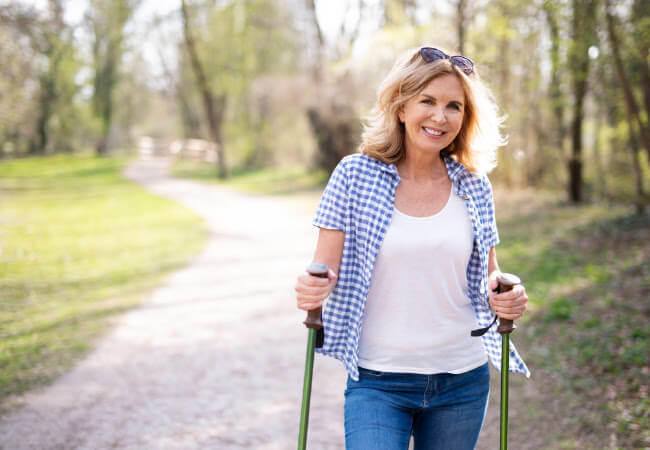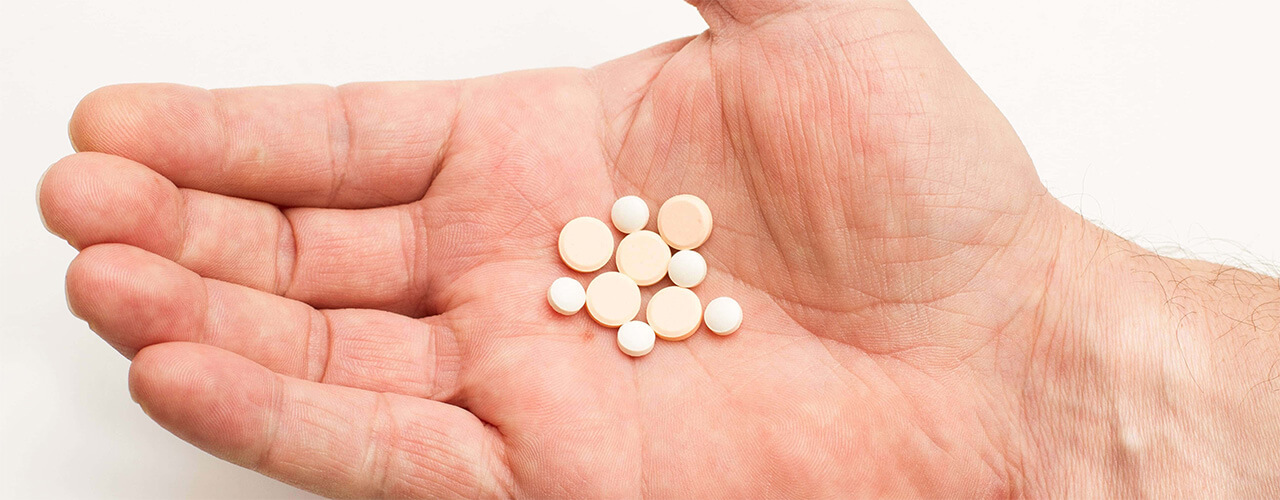Stretching is an important part of physical therapy, and many physical therapists will include specific stretches into their sessions. Strength and endurance are both undeniably important; however, stretching is a crucial part of anyone’s exercise regimen, whether you are an athlete or someone coping with aches and pains. Stretching helps in increasing flexibility, which can alleviate pain and make other aspects of treatment easier – even strength and endurance!
What does stretching do?
Stretching has a lot of benefits that we don’t always think about. Some of these benefits include:
1. Improving range of motion
Range of motion consists of how well your joints can move in all directions. This influences every movement you make! If you have a constricting condition, such as arthritis or an injury, your range of motion can be hindered. Whether it’s turning your head to see behind you while driving, or bending your knee freely while running, range of motion is crucial for both daily life and for fitness pursuits. Stretching can help reduce stiffness and increase flexibility, therefore improving your range of motion.
2. Finding relief in unexpected places
Sometimes we forget how interconnected our bodies are. It is obvious that if we experience back pain, we should stretch out our backs. However, sometimes stretching your legs during physical therapy can provide unexpected relief to your back, as well. In fact, your hamstrings, upper thighs, and hips can all play a big part in creating lower back pain relief. Likewise, improving your posture through stretching your torso can provide the kind of support you need to keep your spine from compressing, which helps you avoid shoulder and neck pain. Essentially, stretching different parts of your body can provide relief to places you may not have considered!
3. Enhancing performance
This point is especially true for athletes. The more you condition your muscles, joints, and ligaments, the greater advantage you’ll have in your sport. For example, bodybuilders recover from their reps much quicker when they stretch as a cool-down. Golfers can achieve a longer reach by increasing their range of motion in their hips and shoulders. Swimmers can even out their strokes by perfecting their balance through stretching. If you are an athlete, stretching can play a crucial role in your performance.
4. Preventing injuries
When muscles are tight or tense, the likelihood of injury increases. This occurs because that particular part of your body isn’t working at its peak performance, even though you might be. When you stretch, you’re loosening up your muscles, in addition to increasing range of motion and improving balance, which all factor into injury prevention. All of these factors can prevent you from making the types of moves that lead to injury, whether it’s coming down too hard on one foot, twisting your back further than you should, or taking a fall due to lack of balance.
5. Improving circulation
Stretching can reduce stress, but that isn’t the only reason it’s good for your heart and your musculoskeletal system. In fact, stretching plays a key role in almost every aspect of your physical abilities. Tight muscles constrict available oxygen supply, essentially robbing themselves of the nutrients they need. Stretches help reverse the process. When you stretch frequently, you’ll also get the benefit of increased blood flow to your joints and throughout the body.
We can help!
There are additional ways that stretching can help improve your quality of life, whether you find a sense of pride in being limber or relaxation in taking time to stretch out your body. When you’re ready to add stretches to your daily routine, consider getting started through physical therapy.
Fultz Physical Therapy & Joint Rehab has two locations in Shreveport, LA. If you would like to schedule an appointment with our experts, please call us at 318-489-4298, or schedule an appointment online by clicking here.
Tags: Physical Therapy, Physical Therapist, Health, Exercise, Dry needling, Weight control, Weight loss, Enhance Performance, Running, Walking
